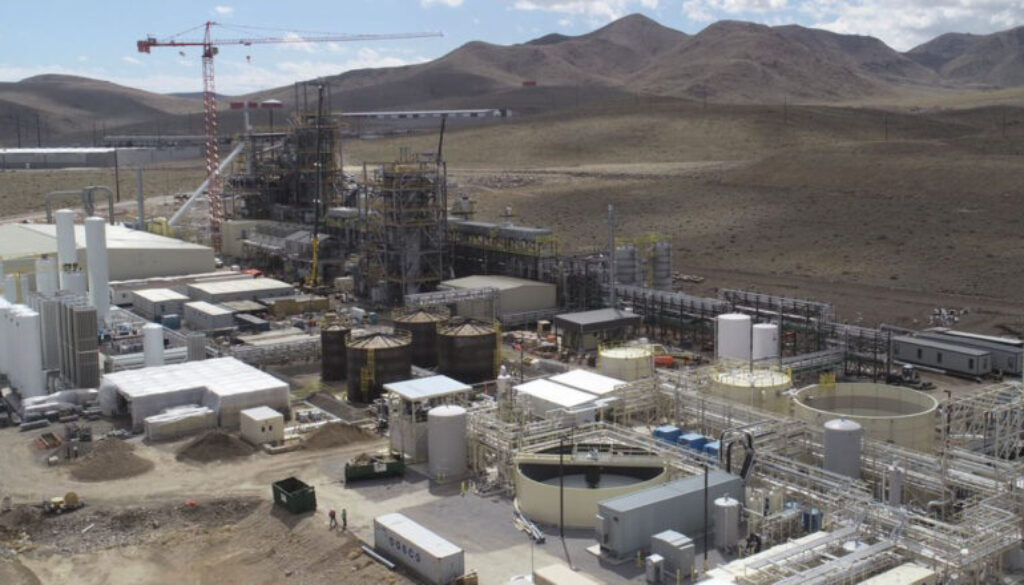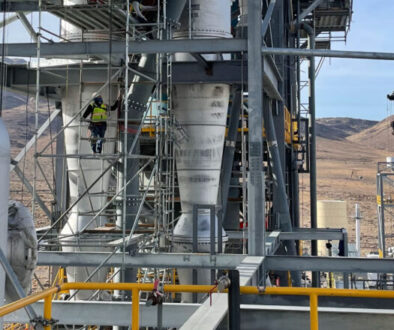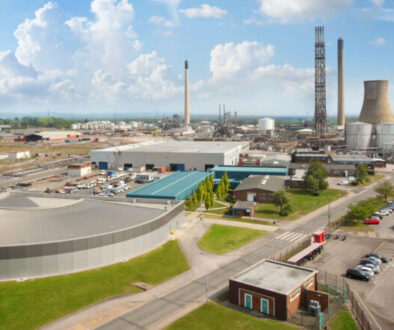The UK took another step towards net zero carbon emissions and helping its sustainable aviation fuel (SAF) industry to take flight as government awarded 5 projects a share of the £165 million Advanced Fuels Fund.
The successful projects include SAF plants in Teesside, Immingham and Ellesmere Port which will convert everyday household and commercial waste, such as black bin bags, into sustainable jet fuel.
Other successful projects include a SAF plant in Port Talbot which will convert steel mill off-gases into sustainable jet fuel and the early development of a SAF plant using carbon capture and hydrogen made from renewable electricity.
Building on the success of the green fuels, green skies programme, the 5 projects alone will produce over 300,000 tonnes of SAF a year – enough to fly to the moon and back an estimated 60 times.
The successful projects will also slash CO2 emissions by an average of 200,000 tonnes each year once fully up and running – the equivalent of taking 100,000 cars off the road.
Transport Secretary Mark Harper said: “Using waste or by-products to refuel airliners sounds like a flight of fancy, but thanks to £165 million of government funding it’s going to help us make guilt-free flying a reality.
“It’s exactly this kind of innovation that will help us create thousands of green jobs across the country and slash our carbon emissions.”
The winners of the Advanced Fuel Fund are based across the UK – from the north of England to south Wales, and will create thousands of skilled, green jobs.
Launched alongside the Jet Zero strategy in July 2022, the Advanced Fuel Fund is designed to support our vision to be a world leader in sustainable aviation fuel by accelerating the development of SAF production plants in the UK, helping the government to achieve its aim of having at least 5 commercial SAF plants under construction in the UK by 2025.
Tim Alderslade, Chief Executive of Airlines UK, said: “The jet zero strategy was a real statement of intent from government that aviation, without the carbon, is an achievable end goal by 2050. This £165 million of funding – alongside the 10% SAF mandate by 2030 shows the government shares our ambition of a home-grown SAF industry here in the UK.
This could generate tens of thousands of jobs and huge GVA, levelling-up and exports potential for the UK. It’s a big prize and one we are committed to working with ministers to achieve.”
Jeff Ovens, Managing Director, Fulcrum BioEnergy said:
“Fulcrum is very excited and grateful to have been awarded funding from the UK DfT’s Advanced Fuels Fund, to help develop our ‘Fulcrum NorthPoint’ residual waste to SAF plant, at Stanlow, UK. This funding will help Fulcrum build on the technical knowledge and experience the company has gained
from well over a decade of project development and the early operations of its US based, ‘Sierra BioFuels’ plant – the world’s first waste to sustainable hydrocarbon fuels facility.
Alongside the operational experience gained from Sierra, this DfT funding will further help de-risk the NorthPoint project and target ‘investor ready’ status, in preparation for construction start in 2025 and operations in 2027.”



